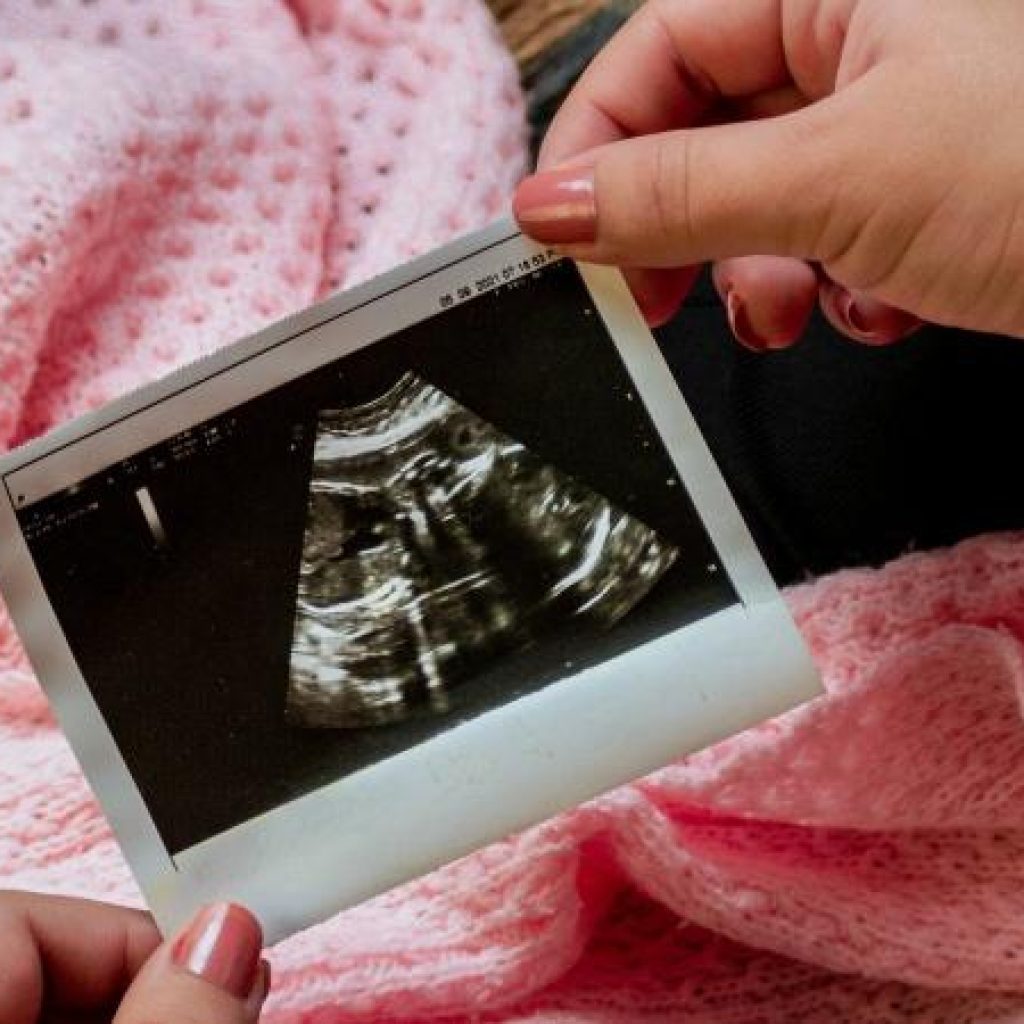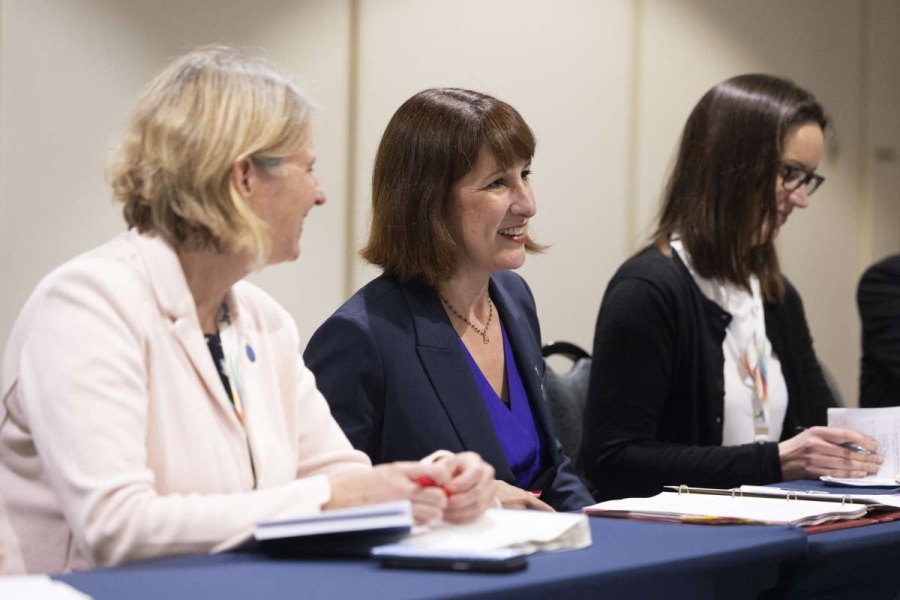This could unleash a raft of new medical tech products onto the global market, including more flexible medical scanners and an AI tool to help spot lung cancer sooner….reports Asian Lite News
A raft of new UK-created therapies for cancer will be trialled in the UK – furthering the nation’s life sciences industry as one of the great drivers of economic growth.
New partnerships backed by public and private sector investment will trial new ways to tackle cancer and other life-threatening diseases with faster diagnoses and better treatments, deploying innovative technologies and approaches .
This could unleash a raft of new medical tech products onto the global market, including more flexible medical scanners and an AI tool to help spot lung cancer sooner. The potential of these breakthrough technologies to give new hope to patients, and to become commercial successes, is a demonstration of this government’s ambitions for the UK’s R&D base and the NHS to work hand-in-hand with the private sector, to bring the latest high-tech innovations into daily use across the health service as part of the government’s wider mission to reform the NHS.
Medical technologies like these not only offer the hope of longer, healthier lives to people living with diseases like cancer, but also drive economic growth through the UK’s world leading life sciences industry. Their adoption is also critical to building an NHS that is match-fit for the future, as emphasised in the findings of the recent Darzi Review. This independent report laid bare the current problems facing the NHS, including the fact that the cancer survival rates in England are lagging far behind other countries. Today’s package of investment will play a crucial role in the government’s plans to address these challenges and rebuild and reform the NHS, which will prioritise the adoption of innovative technologies and approaches and identify ways to do things differently across the health service in order to provide a better service for patients.
It comes as UK Research and Innovation announces a £118 million fund that will create five new hubs across the country, from Glasgow to Bristol, to help develop new health technologies. The funding will be split between government funding and partner support – inviting business to help the mission to kickstart the economy and build an NHS fit for the future. The Hubs will work in intimate partnership with the private sector – with experts at UCL developing scanners to improve cancer surgery, delivering their research together with both large MedTech multinationals and British start-ups, for example.
The International Investment Summit, taking place in a matter of days, will see government form a new partnership with business to grow our economy through more high quality, long-term investment and innovation.
Science and Technology Secretary Peter Kyle said, “Cancer is a disease that has brought pain, misery and heartbreak to every family in the country, including my own. But through government working in partnership with the NHS, researchers, and business, we can harness science and innovation to bring the detection and treatment of this horrendous disease firmly in to the 21st century, keeping more families together for longer. The UK’s scientists, researchers and captains of industry have brilliant ideas that aren’t just going to boost our health – they’ll boost our economy too, helping to build a virtuous circle for more investment in both health and research which will ultimately drive up living standards.”
Health and Social Care Secretary, Wes Streeting, said, “As a cancer survivor, I know how vital an early cancer diagnosis and the latest treatments are. This investment will not only save lives, but also secure Britain’s status as a powerhouse for life sciences and medical technology.
When we combine the care of the NHS and the genius of our country’s leading scientific minds, we can develop life changing treatments for patients and help get Britain’s economy booming.”
The Science Secretary will be speaking to business leaders across the life sciences sector, encouraging a raft of investment into the UK for drug development, clinical trials and MedTech production.
Already contributing £108 billion to the UK economy, the life sciences industry drove £800 million in foreign direct investment into the UK in 2023, and supports around 300,000 jobs up and down the country.
Today’s announcements showcase the impact that could potentially be made to cancer, as well as other diseases, through ensuring the government and NHS works hand in hand with life sciences research institutions and industry, to drive the development of new treatments and diagnostics.
The MedTech sector specifically is also booming, supporting more than 138,000 jobs and exporting more than £5.6 billion in products annually. And there are life sciences clusters right across the UK that provide high-skill, high-wage jobs from Merseyside to the North East.

Mandatory safety training for NHS maternity staff
NHS maternity staff will take part in a mandatory training programme to improve patient safety after a damning report by the health regulator said that poor care and harm in childbirth was in danger of becoming “normalised”.
Obstetricians, midwives and obstetric anaesthetists at nine maternity units across England will all have to do extra training from Monday under government plans to raise care standards for women and babies. The scheme will be rolled out to every maternity unit in the country if the pilots are successful.
The move comes just weeks after a Care Quality Commission (CQC) report based on inspections of 131 maternity units exposed a slew of problems, adding to the sense of crisis that has engulfed a service responsible for the 600,000 women a year who give birth and their babies.
The programme will teach maternity staff how to better identify signs a baby is showing distress during labour so they can act more quickly. It will also help staff deal with obstetric emergencies that occur when a baby’s head is lodged deep in the mother’s pelvis during a caesarean section.
Gillian Merron, the minister for patient safety, women’s health and mental health, said: “This government is working with the NHS to urgently improve maternity care, giving staff the support they need to improve safety and ensure women’s voices are properly heard.
“This is a critical step toward avoiding preventable brain injuries in babies, as we work to make sure all women and babies receive safe, personalised and compassionate care.”
The training will focus particularly on improving the skills and ability of maternity staff to reduce the number of avoidable brain injuries of babies during childbirth. The NHS has spent £4.1bn over the last 11 years settling lawsuits involving babies who suffered brain damage when being born, amid claims that maternity units were not learning from mistakes.
Six maternity units are taking part in pilots focused on impacted foetal head during caesarean birth. They are the Countess of Chester hospital NHS foundation trust, East Lancashire hospitals NHS trust, Lancashire teaching hospitals NHS trust, Liverpool Women’s NHS foundation trust, Warrington and Halton teaching hospitals NHS foundation trust, and Wirral university teaching hospital NHS foundation trust.
Three sites are participating in pilots aimed at bolstering the detection of and response to babies deteriorating while under NHS care. They are Croydon Health Services NHS trust, Epsom and St Helier university hospitals NHS trust, and St George’s university hospitals NHS foundation trust.
Last month Nicola Wise, the CQC’s director of secondary and specialist care, said the regulator could not allow an acceptance of shortfalls in maternity that were not tolerated in other services.
Wes Streeting, the health secretary, has previously described NHS maternity care as “one of the biggest issues that keeps me awake at night”. He worried about “the quality of care being delivered today” and “the risk of disaster greeting women in labour tomorrow”, he said.














